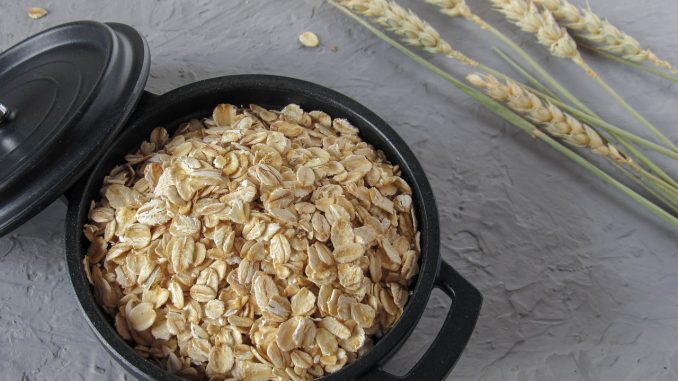
Two class action lawsuits have been initiated against Quaker’s oat-based products and Cheerios, alleging high levels of chlormequat chloride.
Chlormequat chloride is a pesticide for managing plant growth by impeding growth hormones. The chemical is prohibited for use on crops cultivated in the U.S., yet it may be present in grains imported from other countries.
The lawsuit against Quaker Oats contends that certain Quaker products contain up to 300 parts per billion of chlormequat, which is higher than the current safety threshold established by the Environmental Working Group (EWG).
The affected Quaker products include Simply Granola Oats Honey & Almonds, Old Fashioned Oats (with the highest chlormequat level), Oatmeal Squares Honey Nut, Oatmeal Squares Brown Sugar, Instant Oatmeal Maple & Brown Sugar, and Chewy Dark Chocolate Chunk.
General Mills is also facing a class action complaint over Cheerios products that contain higher levels of chlormequat chloride. The complaint claims that independent lab testing revealed dangerous levels of chlormequat chloride in Cheerios, Honey Nut Cheerios, Frosted Cheerios, and Oat Crunch Oats N’ Honey Cheerios.
It also argues that all flavors of the products, sold at similar prices and packaged alike, contain unhealthy and unsafe levels of chlormequat. Furthermore, the Environmental Working Group (EWG) reported detectable chlormequat levels in nearly all conventional oat-based products purchased in the U.S. between 2022 and 2023.
However, some people question whether these lawsuits genuinely raise valid concerns or if they stem from a fear-driven campaign.
Numerous fruits, vegetables, and certain animal products may contain trace pesticide residues, solely because pesticides are employed to safeguard crops against pests, diseases, and weeds. This includes strawberries, green beans, apples, grapes, spinach, kale, bell peppers, and cherries, among others.
To reduce the impact of pesticides, consumers can:
- Purchase organic produce whenever feasible.
- Wash all fruits and vegetables before consumption.
- Peel fruits and vegetables when possible.
- Ensure thorough cooking of fruits and vegetables.
- Consider purchasing from local farmers who employ sustainable farming methods.


Leave a Reply